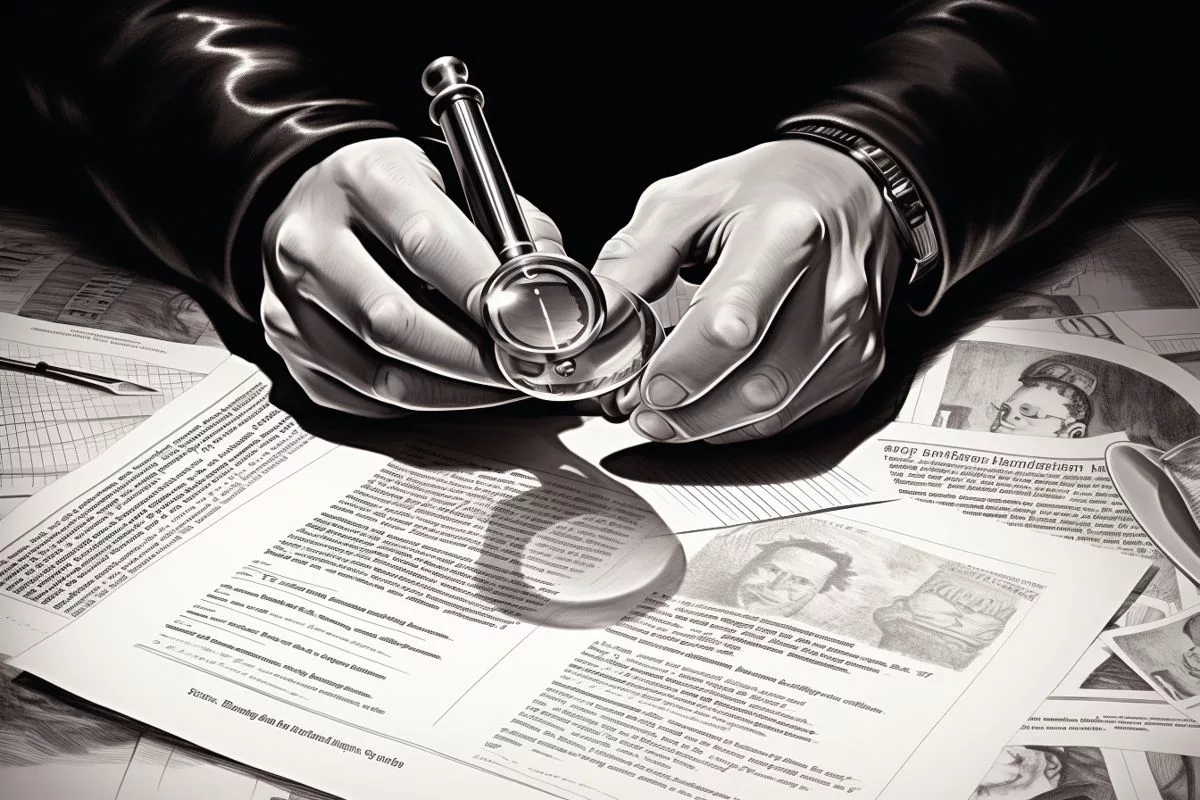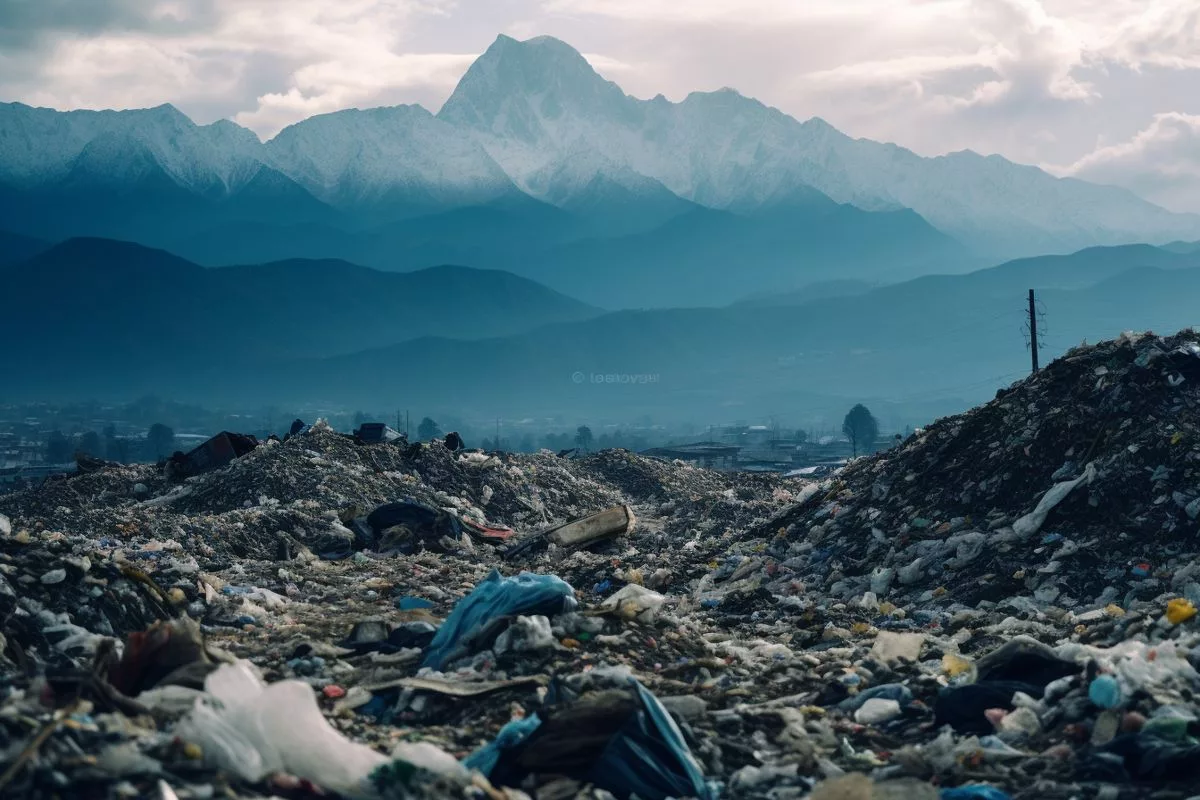South African President Cyril Ramaphosa is leading the charge against corruption in the country. He spoke at the opening session of the National Anti-Corruption Advisory Council’s National Dialogue, promoting the creation of new anti-corruption initiatives and movements. The National Anti-Corruption Strategy is a multi-sectoral effort that involves the entirety of society and prioritizes active citizen participation to hold leaders and organizations accountable. The National Dialogue emphasized the importance of promoting accountability and transparency at all levels of society, including exploring the role of technology in fighting corruption.
What is the National Anti-Corruption Strategy in South Africa?
The National Anti-Corruption Strategy (NACS) is a multi-sectoral effort that involves the entirety of society and aims for an ethical, accountable state, business, and society characterized by high levels of integrity and a strong adherence to the rule of law. It prioritizes active citizen participation, empowering individuals to hold leaders and organizations accountable, and envisions a society with zero tolerance for corruption. NACS is instrumental in directing South Africa towards a corruption-free future.
A Unified Approach to Combat Corruption
On November 8, 2023, South African President Cyril Ramaphosa made significant strides in combating corruption in the country. By delivering a keynote address at the opening session of the National Anti-Corruption Advisory Council’s (NACAC) National Dialogue, he showcased the importance of establishing a corruption-free South Africa.
The National Dialogue, centered around the theme “Together Building A Corruption-Free Society – Xelela Abanye, Bolella ba Bangwe, Vhudzani Vhanwe, Byelani Vanwani, Tell Others,” was held at the Birchwood Hotel and OR Tambo Conference Centre in Boksburg, Gauteng. This event served as a platform for various stakeholders and social partners to unite and discuss remedial actions addressing past corruption. Additionally, it promoted the creation of new anti-corruption initiatives and movements.
Back in August 2022, President Ramaphosa established the NACAC as a multi-sectoral advisory body responsible for overseeing the implementation of the National Anti-Corruption Strategy (NACS) and providing guidance on the anti-corruption institutional framework. By doing so, the council has become instrumental in directing the nation towards a corruption-free future.
The Vision and Impact of the National Anti-Corruption Strategy
The NACS is an all-encompassing effort that involves the entirety of society and aims for an ethical, accountable state, business, and society characterized by high levels of integrity and a strong adherence to the rule of law. By prioritizing active citizen participation, the strategy empowers individuals to hold leaders and organizations accountable. Moreover, it envisions a society with zero tolerance for corruption, pledging all stakeholders and citizens to an anti-corruption compact.
This two-day National Dialogue assembled various individuals and groups actively involved in combating corruption. Participants discussed the severe instances of corruption identified by the Judicial Commission of Inquiry into Allegations of State Capture and explored innovative anti-corruption methods. Both the dialogue and the multi-sectoral mobilization of the advisory council contribute to achieving the development goals outlined in the Constitution and the National Development Plan, which are also promoted through the NACS.
During the conference, President Ramaphosa underscored the significance of collective action against corruption, asserting that it is vital for the nation’s development and progress. He encouraged all stakeholders to work together towards the shared objective of a corruption-free South Africa.
Collaborative Efforts and Technological Solutions
Representatives from the government, business sector, non-governmental organizations, and civil society were among the attendees at the National Dialogue. Their presence at the event reaffirmed their dedication to addressing corruption and implementing effective strategies to eliminate it from every aspect of society.
Throughout the gathering, attendees engaged in insightful discussions and presentations, emphasizing the impact of corruption on the nation’s development and social fabric. Participants also shared successful global anti-corruption initiatives, offering inspiration for new approaches that South Africa could adopt. These international examples demonstrated the incredible potential of a united stance against corruption.
A crucial element of the National Dialogue was its emphasis on promoting accountability and transparency at all levels of society. Attendees stressed the necessity for robust systems and mechanisms that prevent corruption and ensure that those responsible are held accountable for their actions.
Furthermore, the National Dialogue examined the role of technology in fighting corruption. Participants debated the potential of innovative solutions, such as blockchain and artificial intelligence, to enhance transparency and traceability across various industries, ultimately impeding the growth of corrupt practices.
In summary, the National Anti-Corruption Dialogue signified a critical milestone in South Africa’s ongoing fight against corruption. By uniting a diverse group of stakeholders and fostering a collaborative atmosphere, the event paved the way for the creation and implementation of innovative anti-corruption strategies. As South Africa continues to pursue a corruption-free society, it is essential to recognize that collective action, transparency, and accountability are crucial components in achieving this objective.
1. Who is leading South Africa’s anti-corruption efforts?
South African President Cyril Ramaphosa is leading the charge against corruption in the country.
2. What is the National Anti-Corruption Strategy in South Africa?
The National Anti-Corruption Strategy (NACS) is a multi-sectoral effort that involves the entirety of society and aims for an ethical, accountable state, business, and society characterized by high levels of integrity and a strong adherence to the rule of law. It prioritizes active citizen participation, empowering individuals to hold leaders and organizations accountable, and envisions a society with zero tolerance for corruption.
3. What is the National Anti-Corruption Advisory Council?
The National Anti-Corruption Advisory Council (NACAC) is a multi-sectoral advisory body responsible for overseeing the implementation of the National Anti-Corruption Strategy and providing guidance on the anti-corruption institutional framework.
4. What was the National Dialogue about?
The National Dialogue was centered around the theme “Together Building A Corruption-Free Society” and served as a platform for various stakeholders and social partners to unite and discuss remedial actions addressing past corruption. Additionally, it promoted the creation of new anti-corruption initiatives and movements.
5. Who attended the National Dialogue?
Representatives from the government, business sector, non-governmental organizations, and civil society were among the attendees at the National Dialogue.
6. What was discussed at the National Dialogue?
During the conference, attendees engaged in insightful discussions and presentations, emphasizing the impact of corruption on the nation’s development and social fabric. Participants also shared successful global anti-corruption initiatives, offering inspiration for new approaches that South Africa could adopt.
7. What role does technology play in fighting corruption?
The National Dialogue examined the role of technology in fighting corruption. Participants debated the potential of innovative solutions, such as blockchain and artificial intelligence, to enhance transparency and traceability across various industries, ultimately impeding the growth of corrupt practices.
8. What is the importance of collective action against corruption?
During the conference, President Ramaphosa underscored the significance of collective action against corruption, asserting that it is vital for the nation’s development and progress. He encouraged all stakeholders to work together towards the shared objective of a corruption-free South Africa.








